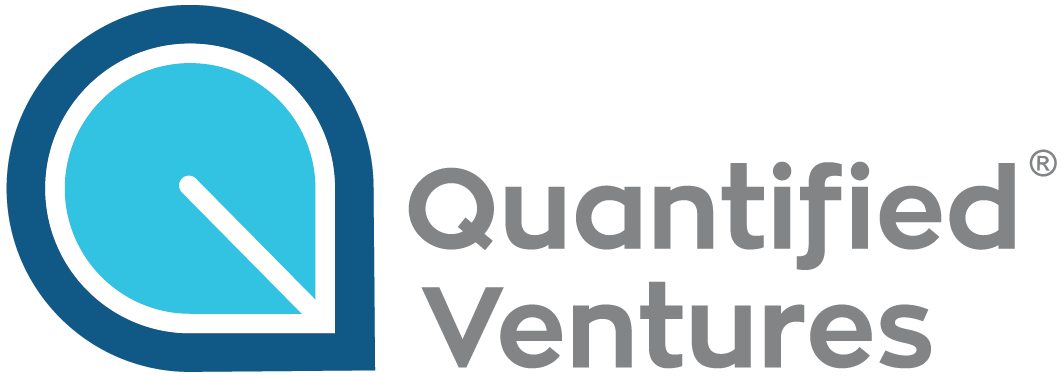Texas Outcomes-Based Finance Challenge
Proposals are no longer being accepted. The proposal deadline was November 13, 2020.
Update: Texas Outcomes-Based Finance Challenge Summary and Lessons Learned (Nov. 7, 2022)
The Texas Outcomes-Based Finance Challenge will competitively select multiple organizations in Texas to collaborate with Quantified Ventures to structure an Environmental Impact Bond (EIB) or other outcomes-based financial vehicles to deliver nature-based and resilience-focused solutions to environmental and community challenges. The solutions could address objectives such as flood risk mitigation, water quality improvements, optimization of water flows to achieve ecological outcomes, distributed energy generation, energy efficiency, green infrastructure, air quality improvements, forest retention, and/or land and habitat conservation.
The Texas Outcomes-Based Finance Challenge is supported by grant funding from the Cynthia and George Mitchell Foundation, Harte Charitable Foundation, The Jacob and Terese Hershey Foundation, Lyda Hill Philanthropies, The Meadows Foundation, and the Water Funder Initiative. The Challenge was conducted by Quantified Ventures in partnership with Land/Water Associates.
Watch the recording of the informational webinar below:
How to Apply
Proposals are no longer being accepted. The proposal deadline was November 13, 2020.
Post-Selection Process and Benefits
The selected applicants will begin work with Quantified Ventures in January 2021 to structure the transactions, which are expected to close between December 2021 and May 2022. Grant funding will cover Quantified Ventures’ costs to work with selected organizations to structure the outcomes-based financing from start to finish. Benefits include:
Broader Access to Capital
Public entities can attract impact investors interested in the outcomes of projects and willing to take a risk on project performance.
Tailored Outcomes-Based Finance Structuring
Coupon rates, number and coverage of performance cases, principal exposure, and payment guarantees can all be tailored to suit the context and needs of a particular city.
Experienced Partners
This is the fifth in a series of regional outcomes-based finance challenges conducted by Quantified Ventures. Previous challenges have produced the Atlanta EIB (case study below) and resulted in Quantified Ventures working with leaders in Buffalo, NY, Baltimore, MD, Hampton, VA, Memphis, TN, and New Orleans, LA, to structure outcomes-based financing transactions. With each of these engagements, we continue to innovate, streamline, and mature the transaction model.
Minimized Transaction Fees
Grant funding will cover Quantified Ventures’ costs. All other typical deal-related expenses may apply, including rating agency, legal counsel, and municipal advisor fees.
Stakeholder Engagement Support
EIBs and other outcomes-based financing solutions require stakeholder engagement across entities and present opportunities to engage new partners. Quantified Ventures will identify, coordinate, and align relevant stakeholders during the structuring process.
Deployment of Innovative Resilience Solutions
The EIB and outcomes-based financing models allow cities to scale nature-based and/or decentralized infrastructure and showcase innovative solutions to building the resilience of vulnerable communities.
Outcomes-Based Financing Case Studies
What is Outcomes-Based Finance? What is an Environmental Impact Bond?
Outcomes-based financing links returns on investments to the achievement of measurable and independently verifiable social or environmental impacts. Private investors provide the upfront investment to deploy the solution. Following deployment and program evaluation, the institution(s) that benefits from the outcomes (i.e., payors) repay investors based on the volume and quality of outcomes produced (e.g., avoided stormwater runoff).
An Environmental Impact Bond (EIB) is one type of outcomes-based financing tools, issued as a municipal bond to provide up-front capital for innovative environmental programs – either to pilot a new approach whose performance is viewed as uncertain or to scale up solutions that have been tested on a smaller level. In an EIB, the outcomes-based payment mechanism typically comes in the form of one-time additional payments or clawbacks or step-ups/ step-downs in the coupon rate based on validated outcomes, thus linking effective cost of borrowing to the successful achievement of desired benefits from projects.
We illustrate the general outcomes-based financing model as follows:
By shifting downside risk from the public sector to private investors, outcomes-based financing enables public entities to pilot and scale innovative resilience solutions while protecting their capital budget, taxpayers, and rate base in the case of non-performance. At the same time, through the monitoring and evaluation process used to determine performance outcomes, public entities gain valuable data on the cost-effectiveness and replicability of these innovative programs.











